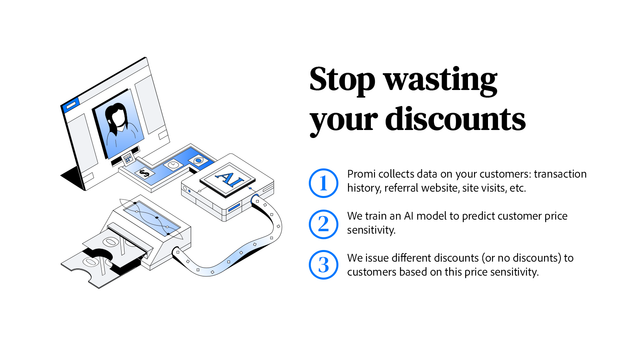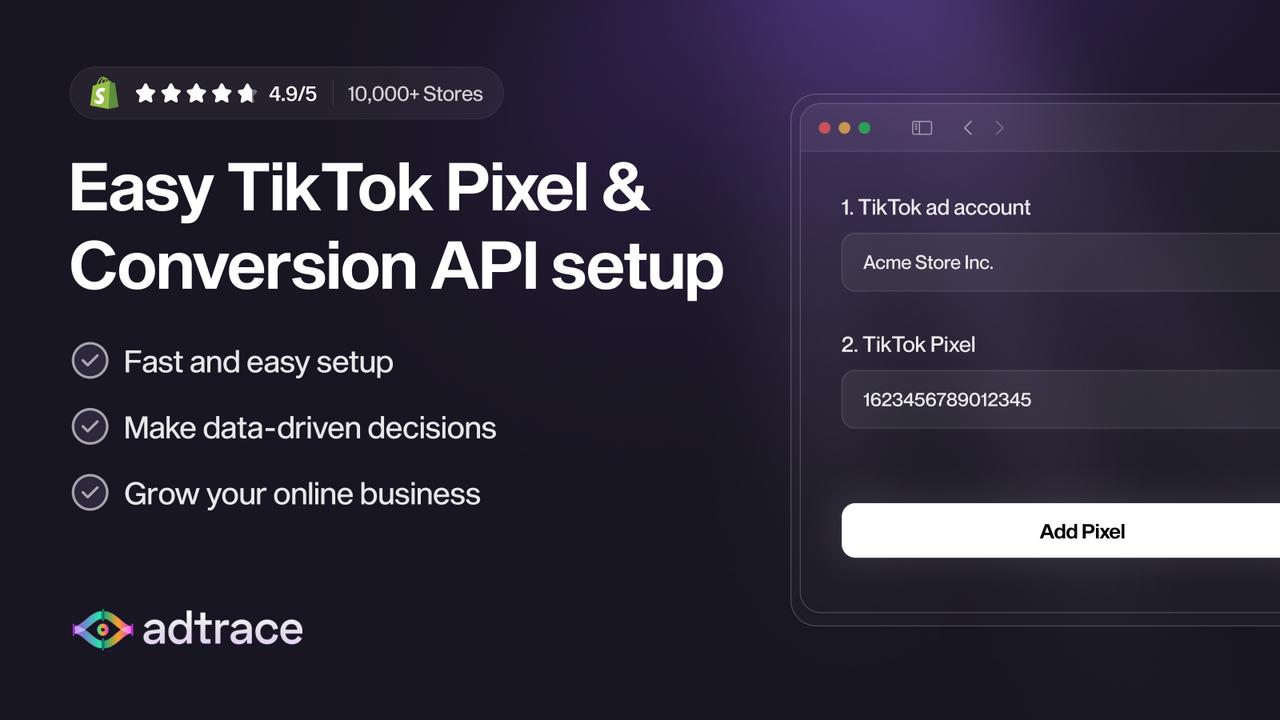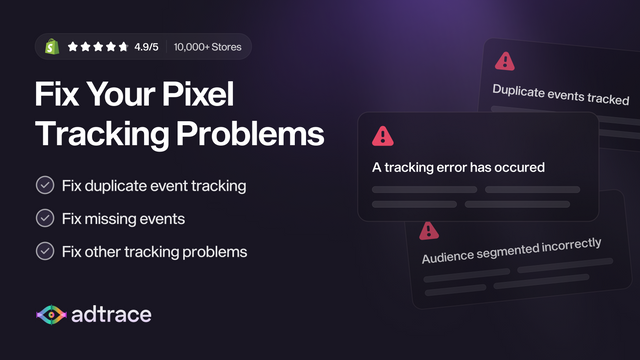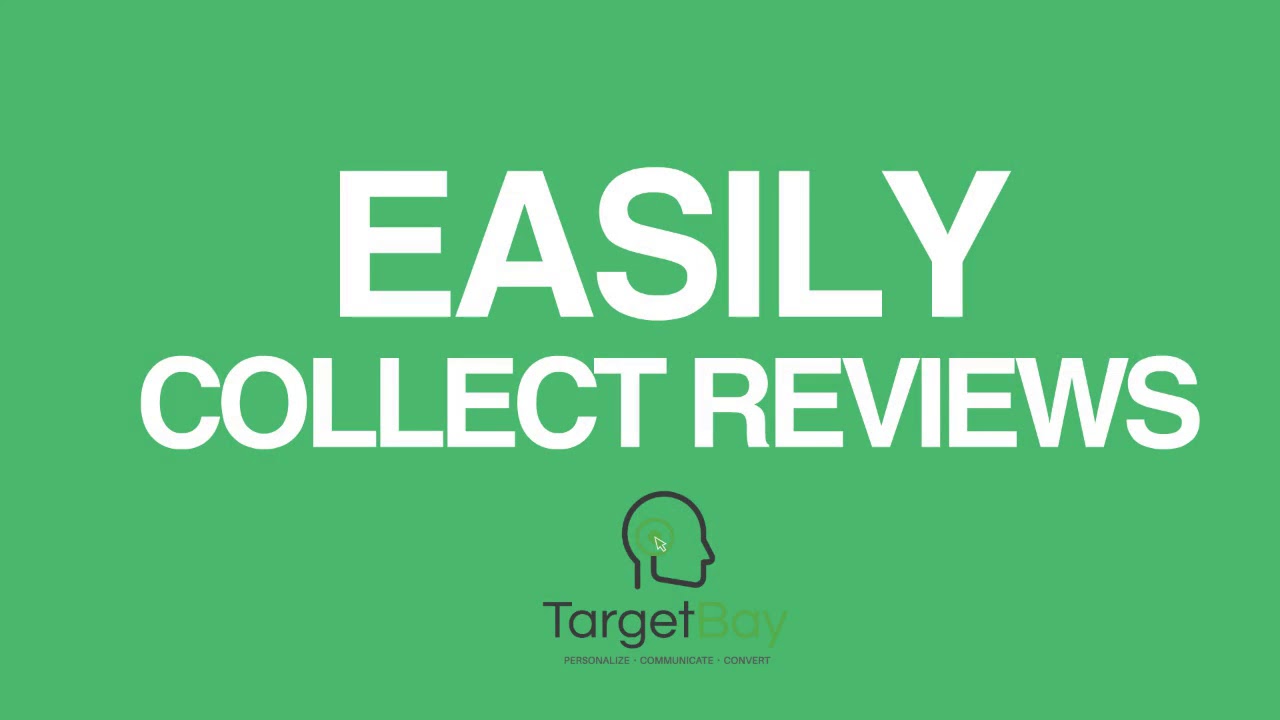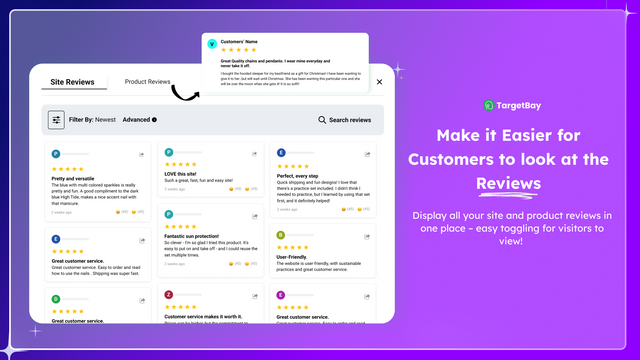In the fast-paced world of ecommerce, having a solid understanding of your competition is essential for success. Competition analysis allows you to gain valuable insights into the strategies and tactics of your rivals, helping you identify opportunities and make informed decisions for your business. In this ultimate guide, we will explore the importance of competition analysis and provide practical tips on how to conduct it effectively in the ecommerce industry.
Understanding the Importance of Competition Analysis
Defining Competition Analysis in Ecommerce
Competition analysis in ecommerce refers to the process of researching and evaluating your competitors' strengths, weaknesses, and overall market performance. By examining their strategies and tactics, you can gain insights into what works and what doesn't, enabling you to make data-driven decisions for your own business.
One key aspect of competition analysis is examining your competitors' target audience and customer base. Understanding who they are targeting and how they are engaging with their customers can provide valuable insights for your own marketing and customer acquisition strategies. Additionally, analyzing their customer reviews and feedback can help you identify common pain points or areas for improvement that you can address in your own products or services.
Why Competition Analysis is Crucial for Your Business
Competition analysis is crucial for several reasons. Firstly, it helps you understand the competitive landscape in which you operate. By analyzing your competitors' products, pricing, and marketing strategies, you can identify gaps in the market or areas where you can differentiate yourself.
Secondly, competition analysis allows you to benchmark your performance against industry leaders. By comparing your metrics to those of your competitors, you can identify areas where you are falling behind or excelling.
Lastly, competition analysis enables you to stay ahead of the curve. By monitoring your rivals' activities, you can anticipate market trends, identify potential threats, and seize new opportunities before your competitors do.
Furthermore, conducting competition analysis on a regular basis can help you adapt to changes in the market landscape more effectively. By staying informed about your competitors' moves and industry developments, you can adjust your strategies and tactics in a timely manner to maintain a competitive edge.
Identifying Your Ecommerce Competitors
Different Types of Competitors in Ecommerce
Before diving into competition analysis, it is important to understand the different types of competitors you may encounter in the ecommerce industry. These can include direct competitors who offer similar products or services, indirect competitors who target the same customer base but with different products, and substitute competitors who offer alternative solutions to your target audience.
Direct competitors are those companies that offer the same products or services as your ecommerce business. They are often the most obvious competitors to identify, as they operate in the same market and cater to the same customer needs. Understanding your direct competitors can help you benchmark your own offerings and pricing strategies.
Indirect competitors, on the other hand, may not offer the exact same products or services as your business, but they target a similar customer base. For example, if you sell high-end designer handbags, an indirect competitor could be a luxury shoe brand targeting the same affluent customers. It's essential to identify indirect competitors to understand the broader competitive landscape and potential market opportunities.
Tools for Identifying Your Competitors
Once you have a clear understanding of the types of competitors you may face, it's time to identify them. Fortunately, there are various tools available that can help you in this process. Tools like SEMrush, Ahrefs, and SimilarWeb allow you to analyze your competitors' websites, traffic sources, and keywords. Social media monitoring tools like Hootsuite and Sprout Social can help you keep tabs on your competitors' social media activities.
Additionally, conducting a simple Google search using relevant keywords can also provide valuable insights into who your competitors are in the online space.
Competitor analysis is a crucial aspect of developing a successful ecommerce strategy. By identifying and understanding your competitors, you can uncover opportunities for growth, differentiation, and strategic partnerships within the competitive landscape. Continuously monitoring your competitors' activities and staying informed about industry trends can give you a competitive edge and help you adapt your business strategies effectively.
Analyzing Competitor Websites and Customer Experience
Evaluating Competitor Website Design
A well-designed website is crucial for attracting and retaining customers. Analyzing your competitors' website design can provide inspiration for your own site while also helping you identify areas for improvement. Pay attention to the overall layout, navigation, and user experience. Are there any features or functionalities that your competitors have implemented that you haven't?
Take note of how your competitors showcase their products or services, the use of images and videos, and the overall branding. By understanding what your competitors do well, you can enhance your own website and stand out in the crowded ecommerce landscape.
When evaluating competitor website design, it's also important to consider the responsiveness of their site. With the increasing use of mobile devices, ensuring that your website is optimized for different screen sizes and devices is crucial. Explore how your competitors adapt their websites for mobile users and assess whether your own site meets the same standards.
Assessing Competitor Customer Service and User Experience
Excellent customer service and an optimal user experience can set your business apart from the competition. Analyze how your competitors handle customer inquiries, complaints, and returns. Look for patterns or common pain points that customers frequently encounter.
Additionally, test the user experience of your competitors' websites. Are there any friction points or areas where customers may feel frustrated or confused? By identifying these issues, you can ensure that your own customer service and user experience are top-notch.
Furthermore, consider the speed and performance of your competitors' websites. A fast-loading website can significantly impact user experience and search engine rankings. Evaluate how quickly your competitors' pages load, especially on different devices and internet connections, and strive to optimize your own website for speed to provide a seamless browsing experience for your customers.
Product and Pricing Analysis
Understanding Competitor Product Offerings
Knowing what products your competitors offer and how they position them in the market is vital for your own product strategy. Analyze the range and quality of your competitors' products, as well as any unique selling points they emphasize.
Identify any gaps in the market that your competitors have not tapped into or areas where you can differentiate yourself with a superior product. By understanding your competitors' product offerings, you can adjust your own product development and marketing strategies to meet the needs of your target audience.
Moreover, delving deeper into your competitors' product offerings can also provide insights into emerging trends in the industry. By closely examining the features and functionalities of their products, you can identify potential areas for innovation and enhancement within your own product line. This proactive approach to product analysis can give you a competitive edge by staying ahead of market demands and consumer preferences.
Strategies for Competitive Pricing Analysis
Pricing is a critical factor in the ecommerce industry. Analyzing your competitors' pricing strategies can help you determine how to position your own products in the market. Identify your competitors' pricing models, including any discounts or promotions they offer.
Consider the value proposition that your competitors offer and how it aligns with their pricing strategy. Are they positioning themselves as a high-end brand with premium pricing, or are they focusing on affordability and volume?
Furthermore, exploring the relationship between pricing and product positioning can unveil valuable insights into consumer behavior and purchasing decisions. By studying how different price points impact customer perceptions and buying patterns, you can refine your pricing strategy to maximize profitability and market share. This holistic approach to competitive pricing analysis empowers you to make data-driven decisions that drive revenue growth and enhance customer loyalty.
Marketing and SEO Strategies of Competitors
Analyzing Competitor SEO Tactics
Search engine optimization (SEO) is essential for driving organic traffic to your ecommerce website. Analyzing your competitors' SEO tactics can provide insights into the keywords they rank for, the backlinks they have, and their overall content strategy.
Use tools like SEMrush or Ahrefs to identify the keywords that your competitors are targeting. Look for opportunities to optimize your own website for relevant keywords that your competitors may have overlooked. Additionally, analyze their backlink profiles to identify potential partnership opportunities or valuable directories where you can list your own website.
Take note of the type of content your competitors produce and how they engage with their audience. Are they using blog posts, videos, or social media content to attract and engage customers? By understanding your competitors' SEO tactics, you can optimize your own website and content strategy to improve your search engine rankings.
Dissecting Competitor Marketing Campaigns
Marketing campaigns play a crucial role in attracting and retaining customers. Analyze the marketing tactics and channels your competitors use to promote their products or services. Are they leveraging social media platforms, email marketing, influencer partnerships, or content marketing?
Identify any successful marketing campaigns that your competitors have run and try to understand what made them effective. Look for opportunities to differentiate your own brand by taking a unique approach or targeting a specific niche audience.
Additionally, pay attention to how your competitors communicate with their customers and the tone they use in their messaging. By understanding your competitors' marketing campaigns, you can refine your own strategies and stand out in the competitive ecommerce landscape.
In conclusion, competition analysis is a crucial tool for success in the ecommerce industry. By understanding the importance of competition analysis, identifying your ecommerce competitors, analyzing their websites and customer experience, conducting product and pricing analysis, and dissecting their marketing and SEO strategies, you can gain valuable insights that will inform your own business strategies and help you stay ahead of the competition.Ready to take your Shopify store to the next level after mastering competition analysis? Let Owlmix and our wise mascot Owlfred guide you to the perfect tools for success. With our extensive directory of Shopify apps, you can easily find innovative solutions to enhance your online business, from advertising to inventory sync. Don't miss out on the opportunity to optimize your ecommerce strategy with apps that are tailored to your specific needs. Find your next Shopify app today and join the ranks of savvy store owners who are soaring to new heights with Owlfred's help!




